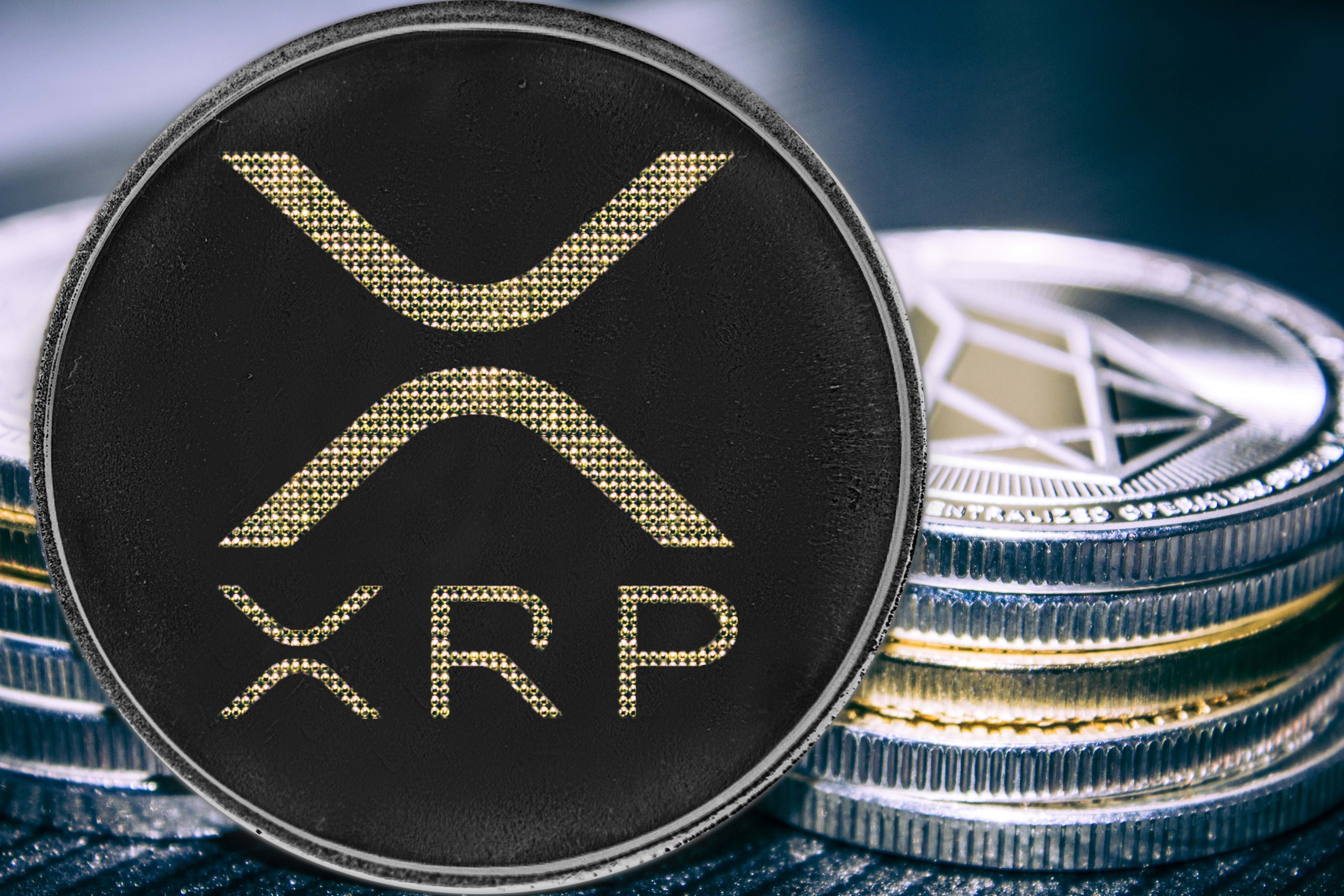XRP is a cryptocurrency that is closely associated with Ripple, a technology company focused on the development of various solutions for cross-border payments and remittances. Here are some key points about XRP:
Cryptocurrency: XRP functions as both a digital currency and a technology protocol. It is built on a decentralized ledger called the XRP Ledger, which is designed to facilitate fast and low-cost international money transfers.
Use in Ripple’s Solutions: XRP plays a role in Ripple’s products and services. RippleNet is a network of financial institutions and payment providers that utilize Ripple’s technology to facilitate cross-border transactions. XRP is often used as a bridge currency within RippleNet, enabling liquidity and efficient transfer of value between different fiat currencies.
Fast and Low-Cost Transactions: XRP is known for its fast settlement times and low transaction fees. Ripple claims that XRP transactions can settle in seconds, making it attractive for international payments that require quick and efficient transfers.
Distribution and Supply: XRP has a maximum supply of 100 billion coins. A significant portion of XRP is owned by Ripple, the company behind its development. Ripple periodically releases portions of its XRP holdings, often with the intention of promoting adoption and liquidity in the XRP ecosystem.
Independent of Ripple: Although closely associated with Ripple, XRP operates independently from the company. Ripple does not control the XRP Ledger, and XRP can be traded and used by individuals and entities separate from Ripple’s products and services.
Regulatory Considerations: XRP has faced regulatory scrutiny in some jurisdictions. The U.S. Securities and Exchange Commission (SEC) filed a lawsuit against Ripple Labs, alleging that XRP constitutes an unregistered security. The legal proceedings have had implications for the perception and trading of XRP in certain markets.
It’s important to conduct thorough research and stay updated on the latest developments and regulatory considerations surrounding XRP before making any decisions or investments related to the cryptocurrency.

advantages and disadvantages of xrp
XRP is a digital asset designed for cross-border payments. It is the native currency of the XRP Ledger, a blockchain-based payment network. XRP is often compared to Bitcoin and Ethereum, but it has a number of advantages and disadvantages that set it apart from these other cryptocurrencies.
Advantages of XRP
- Speed: XRP transactions are processed very quickly, typically in just a few seconds. This makes XRP ideal for cross-border payments, which can often take days or even weeks to clear through traditional banking channels.
- Low cost: XRP transactions are very affordable, with fees typically ranging from a fraction of a cent to a few cents. This makes XRP a more cost-effective option for cross-border payments than traditional banking services.
- Scalability: The XRP Ledger is designed to be highly scalable, with the ability to handle millions of transactions per second. This makes XRP well-suited for high-volume payment processing applications.
- Security: The XRP Ledger is secured by a network of validators who work to confirm transactions and prevent fraud. This makes XRP a secure and reliable platform for cross-border payments.
- Regulation: XRP is regulated by the US Securities and Exchange Commission (SEC). This gives investors and businesses confidence that XRP is a legitimate investment and payment option.
Disadvantages of XRP
- Centralization: The XRP Ledger is governed by a company called Ripple Labs. This gives Ripple Labs some control over the network, which could be seen as a disadvantage by some users.
- Environmental impact: The XRP Ledger uses a proof-of-stake consensus mechanism, which is less energy-intensive than the proof-of-work consensus mechanism used by Bitcoin and Ethereum. However, the XRP Ledger still consumes some energy, which could be seen as a disadvantage by some users.
- Volatility: The price of XRP is volatile, which means that it can fluctuate wildly in value. This makes XRP a risky investment for some users.
Overall, XRP is a promising digital asset with a number of advantages. However, it is important to be aware of the disadvantages before investing in XRP.